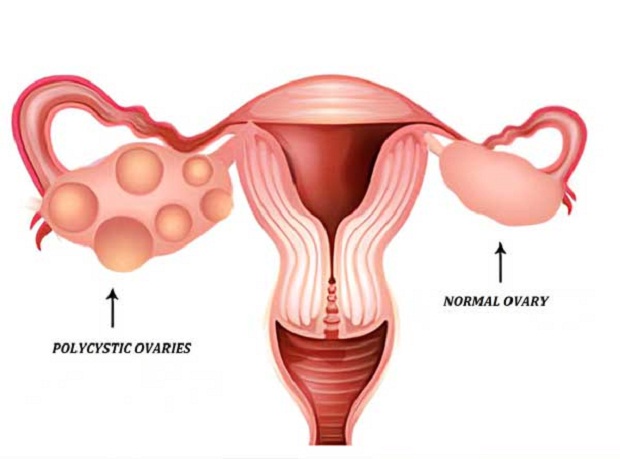Pcod And All Other Adolescent Treatment
Polycystic ovary syndrome (PCOS) is a common hormonal disorder among women of reproductive age. It can cause symptoms such as irregular periods, excess hair growth, acne, and weight gain. Treatment for PCOS typically depends on managing symptoms and reducing the risk of complications such as infertility and diabetes. Here's an overview of treatment options for PCOS and other adolescent health concerns:
Lifestyle Changes:
Diet: A balanced diet that includes plenty of fruits, vegetables, whole grains, and lean proteins can help manage weight and insulin levels.
Exercise: Regular physical activity can improve insulin sensitivity and help with weight management.
Weight Management: Maintaining a healthy weight can help regulate menstrual cycles and reduce symptoms of PCOS.
Medications:
Birth Control Pills: Oral contraceptives can regulate menstrual cycles, reduce androgen levels, and improve acne.
Anti-androgen Medications: These medications can help reduce excess hair growth and acne.
Metformin: This medication is often used to improve insulin sensitivity, which can help regulate menstrual cycles and reduce the risk of developing type 2 diabetes.
Fertility Medications: For adolescents trying to conceive, fertility medications such as clomiphene citrate may be prescribed under the guidance of a reproductive endocrinologist.
Hormonal Treatments:
Hormone Replacement Therapy (HRT): In cases where PCOS is associated with severe hormone imbalances, hormone therapy may be recommended to regulate estrogen and progesterone levels.
Psychological Support:
Adolescents with PCOS may experience emotional challenges due to symptoms such as acne, excess hair growth, and weight gain. Psychological support from therapists or support groups can help manage stress and improve overall well-being.
Regular Monitoring and Follow-up:
Adolescents with PCOS require regular monitoring by healthcare providers to assess symptoms, adjust treatment plans as needed, and address any complications or concerns.
It's essential for adolescents with PCOS to work closely with healthcare providers, including gynecologists, endocrinologists, and nutritionists, to develop a personalized treatment plan that addresses their unique needs and concerns. Additionally, maintaining open communication with healthcare providers can help ensure that adolescents receive appropriate support and guidance throughout their treatment journey.





